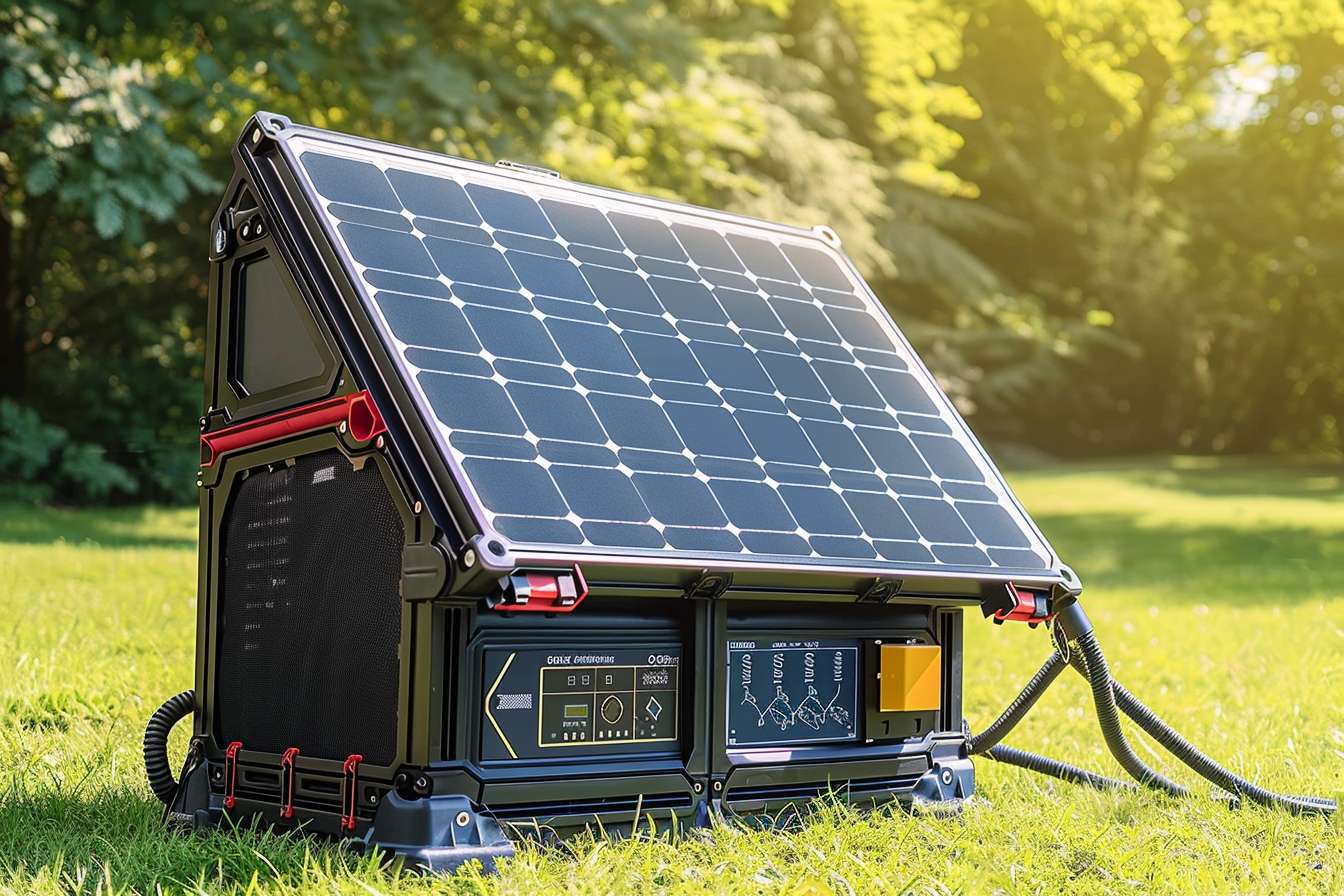Power Up Your Life: Understanding Home, Portable, and Electric Power Generators
In an age where electricity is the lifeblood of our daily activities, power generators have become essential tools for maintaining our modern lifestyle during outages or in off-grid situations. This article delves into the world of power generators, exploring home, portable, and electric options to help you make informed decisions about backup power solutions.

What are power generators and how do they work?
Power generators are devices that convert mechanical energy into electrical energy. They typically use fuel sources like gasoline, diesel, propane, or natural gas to power an engine, which in turn drives an alternator to produce electricity. This process ensures a continuous supply of power, even when the main electrical grid is unavailable.
Home power generators, also known as standby generators, are permanent installations that automatically kick in when a power outage occurs. Portable power generators, on the other hand, are smaller units that can be moved and used in various locations. Electric power generators, which include solar-powered and battery-operated systems, offer alternative energy solutions without relying on fossil fuels.
What are the key benefits of home power generators?
Home power generators provide several advantages for homeowners:
-
Automatic operation: They start within seconds of a power outage, ensuring minimal disruption to your daily life.
-
High power output: Capable of powering entire homes, including essential appliances and HVAC systems.
-
Increased home value: A permanent generator installation can boost your property’s resale value.
-
Peace of mind: Knowing you have a reliable backup power source during emergencies or natural disasters.
-
Fuel flexibility: Many models can run on natural gas or propane, offering long-term cost savings and convenience.
How do portable power generators differ from home generators?
Portable power generators offer unique benefits compared to their stationary counterparts:
-
Mobility: Easy to transport and use in various locations, such as camping trips or construction sites.
-
Versatility: Can power specific appliances or tools as needed, rather than an entire home.
-
Lower initial cost: Generally more affordable than permanent home generator installations.
-
Ease of storage: Can be stored when not in use, saving space in your home or garage.
-
Multiple fuel options: Available in gasoline, propane, or dual-fuel models for added flexibility.
What are the advantages of electric power generators?
Electric power generators, including solar and battery-powered options, offer several benefits:
-
Environmentally friendly: Produce clean energy without emissions or reliance on fossil fuels.
-
Low operating costs: Once installed, they have minimal ongoing expenses.
-
Quiet operation: Unlike fuel-powered generators, they run silently.
-
Low maintenance: Fewer moving parts mean less upkeep and longer lifespans.
-
Energy independence: Reduce reliance on the grid and potentially lower electricity bills.
What factors should you consider when choosing a power generator?
When selecting a power generator, consider the following:
-
Power requirements: Calculate the wattage needed to run essential appliances and devices.
-
Fuel type and availability: Choose a generator that uses readily available fuel in your area.
-
Noise levels: Consider the generator’s decibel rating, especially if you live in a residential area.
-
Portability vs. permanence: Decide whether you need a stationary or mobile power solution.
-
Budget: Factor in both initial costs and long-term operating expenses.
-
Safety features: Look for options with automatic shut-off, overload protection, and low-oil sensors.
-
Maintenance requirements: Consider the ease and frequency of required maintenance.
How much do power generators cost, and what are some popular options?
The cost of power generators varies widely depending on the type, capacity, and features. Here’s a comparison of some popular generator options:
| Generator Type | Provider | Power Output | Estimated Cost |
|---|---|---|---|
| Home Standby | Generac | 22kW | $4,500-$6,000 |
| Home Standby | Kohler | 20kW | $4,000-$5,500 |
| Portable | Honda | 2200W | $1,000-$1,200 |
| Portable | Yamaha | 2000W | $900-$1,100 |
| Solar | Goal Zero | 1500Wh | $2,000-$2,500 |
| Solar | Jackery | 1000Wh | $1,000-$1,300 |
Prices, rates, or cost estimates mentioned in this article are based on the latest available information but may change over time. Independent research is advised before making financial decisions.
When considering a power generator, it’s essential to factor in not only the initial purchase price but also installation costs for home standby generators and long-term fuel or maintenance expenses. Portable generators generally have lower upfront costs but may be less powerful and require more frequent refueling. Solar and battery-powered options have higher initial costs but can offer significant savings over time due to their low operating expenses.
In conclusion, power generators provide essential backup energy solutions for various needs and situations. Whether you opt for a home standby generator, a portable unit, or an electric power generator, understanding your specific requirements and the available options will help you make an informed decision. By investing in the right power generator, you can ensure that your home or business remains powered up, even when the grid goes down.




